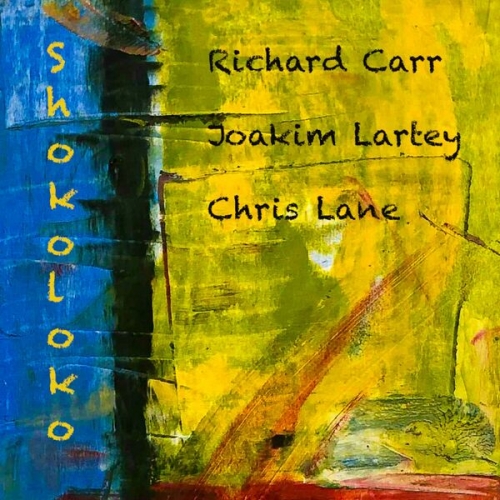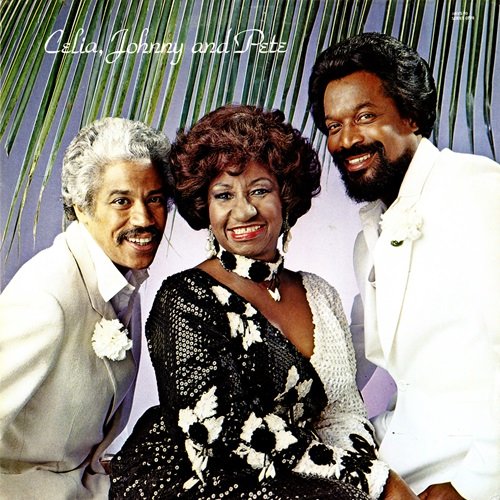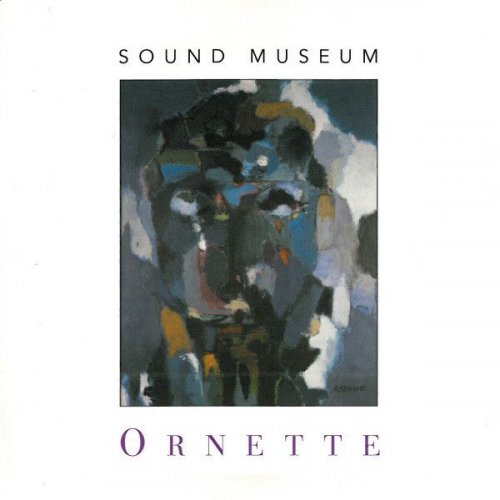John Jeter, Fort Smith Symphony - Still: Afro-American Symphony (2005)
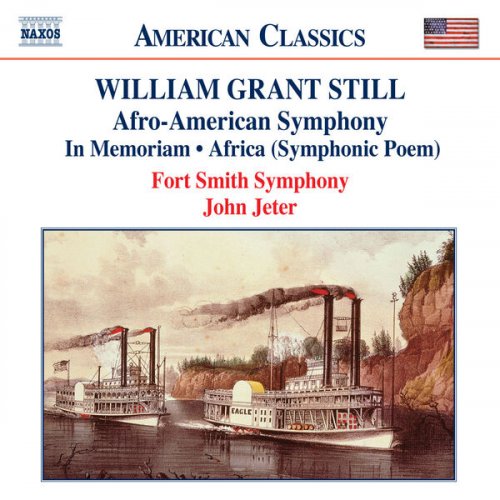
Artist: John Jeter, Fort Smith Symphony
Title: Still: Afro-American Symphony
Year Of Release: 2005
Label: Naxos
Genre: Classical
Quality: flac lossless (tracks) +Booklet
Total Time: 01:00:08
Total Size: 206 mb
WebSite: Album Preview
TracklistTitle: Still: Afro-American Symphony
Year Of Release: 2005
Label: Naxos
Genre: Classical
Quality: flac lossless (tracks) +Booklet
Total Time: 01:00:08
Total Size: 206 mb
WebSite: Album Preview
01. In Memoriam: The Colored Soldiers Who Died for Democracy
02. Africa: I. Land of Peace
03. Africa: II. Land of Romance
04. Africa: III. Land of Superstition
05. Symphony No. 1, Afro-American: I. Longing. Moderato assai
06. Symphony No. 1, Afro-American: II. Sorrow. Adagio
07. Symphony No. 1, Afro-American: III. Humor. Animato
08. Symphony No. 1, Afro-American: IV. Aspiration. Lento, con risoluzione
African-American composer William Grant Still's signature piece, Symphony No. 1 Afro-American is the only one of his many works that has seldom needed a recording. As such, it is a natural fit for Still's entry in the Naxos American Classics series. However, Naxos has gone the extra mile for Still, including a key work never heard on record before, his symphonic poem Africa written between 1924 and 1930. Despite a widespread performance history gained in the wake of a successful 1931 launch by the redoubtable Howard Hanson and the Rochester Symphony, Africa was never published and ultimately withdrawn from circulation. It is hard to imagine why, as Africa is musically so very accomplished and attractive. It does spring from an idealized view of Africa common to African-Americans of the day, as expressed in the movement titles: Land of Peace, Land of Romance, and Land of Superstition. It wasn't until Baptist missionaries traveled to Africa that the continent's other sides became apparent -- a land of unending inter-tribal warfare, starvation, and poverty. Given the program of this symphonic poem, which is close to being a symphony, Still's music is appropriately lush, dreamy, and owes something to the work of Ferde Grofé. By comparison, the Afro-American is drawn from a more Dvorákian part of Still's vocation.
Also included is the brief In Memoriam: The Colored Soldiers Who Died for Democracy, dating from 1943 and written in Still's fully mature style -- harmonically rich, unique in orchestration, and fundamentally recognizable as the work of Still. It runs a bit long for its program, but is a revelation and, as with Africa, has never before been recorded.
John Jeter and the Fort Smith Symphony deserve commendation for doing such an excellent job here. The acoustics at the Arkansas Best Corporation Performing Center in Fort Smith are excellent for recording, and Still's music is captured in a sound that neither swallows it nor serves it up too dryly. William Grant Still: Afro-American Symphony is both an excellent introduction to the work of a major, yet under-recognized American composer and a testament to the excellence of some of America's local community orchestras. Let us hope that Naxos will once again employ the Fort Smith Symphony in the significant amount of William Grant Still's orchestral music that remains to be unearthed and heard.


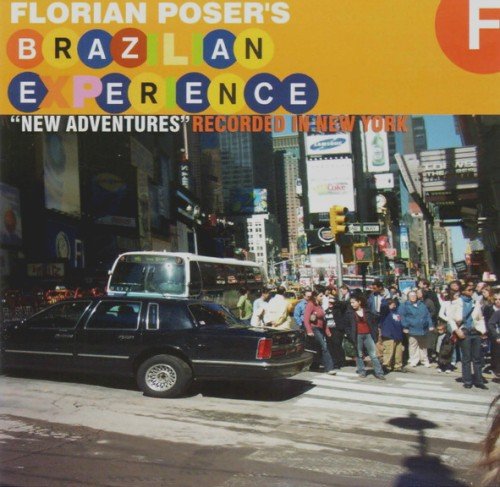
![Gonzalo Rubalcaba - Gonzalo Plays PIino (2025) [Hi-Res] Gonzalo Rubalcaba - Gonzalo Plays PIino (2025) [Hi-Res]](https://www.dibpic.com/uploads/posts/2025-12/1766206867_folder.jpg)

